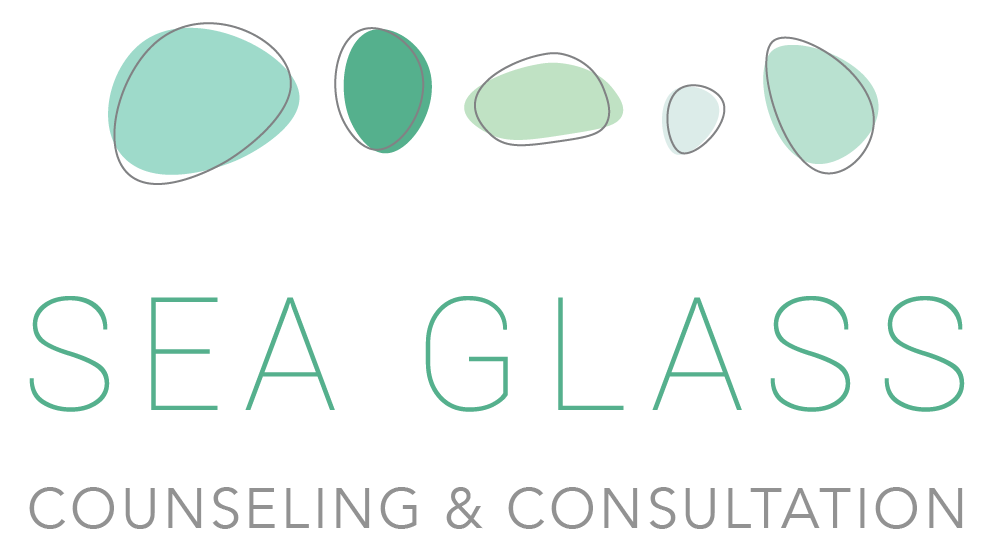3 Times Couples Therapy is Not a Good Idea
Couples therapy is good for so many different aspects of the relationship. Gottman Method couples therapy, in particular, focuses helping couples build friendship and shared meaning, improve connection, and healthy conflict management. However, not all couples should go to therapy. When does research show that couples therapy is contraindicated? And what to do instead.
1. Ongoing affair
If someone is unwilling to stop an affair or hasn’t yet stopped it, we cannot do couples therapy. As Dr. Julie Gottman says, “Which relationship are they in?!” A good couples therapist will not keep affairs secret. If an affair was in the past, and the other partner doesn’t know, the therapist will ask the affair partner to tell the other partner before beginning couples therapy together.
Without this disclosure, couples therapy is bound to fail. Think about how terrible it would be down the road, if the affair is eventually revealed, in therapy – and it turned out that not only was one partner keeping this secret, but the therapist also knew and was helping the one partner keep it hidden. There’s an additional layer of betrayal when the ones you turn to for support are actively harmful. Our role as couples therapists is to aid the relationship, not either one partner above the other.
What to do instead:
If there’s an ongoing affair and the partner hasn’t or isn’t willing to stop it yet, couples therapy should not occur, and each partner should instead pursue individual counseling.
2. Characterological DV
The Gottmans estimate 50% of all couples seeking therapy have experienced at least 1 incident of domestic violence (DV). Characterological DV can be identified by a clear perpetrator and clear victim. This is also known as asymmetrical violence, where the perpetrator uses violence to control and intimidate their partner. In instances of characterological DV, it doesn’t matter what the victim (or therapist!) says or does – the perpetrator will continue to be violent. In these instances, couples therapy actually is dangerous because therapy becomes a way to perpetuate the couple staying together when there’s a real risk of injury or death, and perpetrators misuse the victim’s vulnerability during sessions as a means to continue abuse when they’ve returned home.
Couples therapy when there’s characterological DV present contributes to victim blaming – because good couples therapy encourages each partner to take responsibility for themselves. To be explicitly clear: victims are never ever responsible for the abuse they’ve endured; that is 100% the fault of the perpetrator. When there’s DV, we do not want to strengthen any ideas that contribute to victim blaming.
By contrast, research shows that couples therapy using a small group model can actually heal and prevent future situational DV. What’s the difference between characterological and situational DV? Situational DV is usually the result of escalated arguments, and typically doesn’t cause major injury. It’s less about a pervasive pattern of control and intimidation, and more often the result of heated arguments that lead to physical actions instead of speaking with one another. A hallmark of situational DV is that it’s symmetrical, meaning each partner contributes to the violence. The Gottmans report that 70% of the time in heterosexual relationships with situational DV, the woman throws the first blow, however the men can cause more damage.
What to do instead:
If there is characterological DV, ideally each partner would seek individual therapy, and the victim would work closely with a local DV shelter or organization to separate from the perpetrator.
3. Severe pathology and substance abuse
Couples therapy should not occur when one or both partners is experiencing significant or untreated mental health concerns – including active suicidal or homicidal ideation, severe pathology, or active substance abuse. Quite simply – one or both partners wouldn’t have the mental or emotional capacity to properly engage and benefit from couples therapy when there are more pressing issues that need attention first.
What to do instead:
If one partner is experiencing severe mental health concerns, they are best to instead get linked with the appropriate providers (psychiatrist, individual therapist, support group or other 12-step group) and follow through on a treatment plan to become more well prior to engaging in couples therapy. The other partner should seek their own support via individual therapy and appropriate support groups as well.
Sea Glass Counseling and Consultation is an EMDR therapy practice in Dublin, Ohio. Our compassionate, skilled therapists use evidence-based techniques grounded in the neurobiology of stress, trauma, and relationships to make sure your treatment is personalized and effective. Sea Glass therapists provide telehealth counseling in Ohio for individuals and couples. We’re best known for providing Intensive EMDR therapy, Gottman Method couples therapy, and sex therapy for Christians. Interested in working together? Contact us today to get started .

